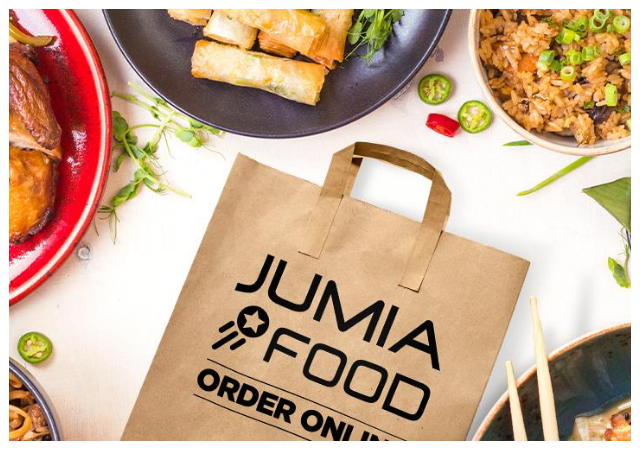
The top online retailer on the continent, Jumia, revealed it will close its food delivery service, Jumia Food, by the end of December 2023 in a move that shocked the African e-commerce market. This abrupt exit creates a huge void in the rapidly expanding African food delivery industry, prompting concerns about its prospects and the difficulties that leading companies will face.
The departure was due, according to Jumia CEO Francis Dufay, to a clear focus on the company’s core physical goods business and Jumia Pay platform. Even though Jumia Food only makes up 11% of the company’s GMV, its ongoing battle with profitability proved to be the decisive factor.
He stated, “The more we concentrate on our physical goods business, the more we recognize the substantial opportunities for Jumia to flourish and achieve profitability. Hence, we must make the right decision by directing our management, teams, and capital resources towards seizing this opportunity.”
Industry analysts who followed Jumia Food’s wild voyage are not surprised by the news. Following an 82% year-over-year gain in 2021, the corporation had a precipitous collapse in 2023, which was ascribed to a change towards profitability and a decrease in customer incentives.
This exit is not a unique instance. In a move that brought attention to the harsh reality of the African food delivery scene, another significant participant, Bolt Food, recently announced its withdrawal from South Africa and Nigeria. A turbulent and harsh climate is being created by economic downturns, rising inflation, and tough competition from well-established companies like Uber Eats and Gokada.
“It’s a segment that’s very difficult across the world, with very challenging economics and big losses. It’s also a segment that is extremely competitive across the world and Africa,” Chief Executive Officer Francis Dufay told Reuters.
“The economics are tough in this market because the costs are very high and there is plenty of competition so there is downward pressure on the commissions that we make and upward pressure on marketing costs because everyone is fighting for customers.”
Nevertheless, despite the general gloom, certain players are succeeding. The Barcelona-based company Glovo is making a name for itself in Sub-Saharan Africa by forming strategic alliances with eateries such as Shoprite and Chicken Republic. Nearer to home, the Nigerian business Chowdeck is celebrating reaching a significant milestone in its growth by delivering more than ₦1 billion worth of food in a single month.
Even while Chowdeck’s progress is encouraging, it’s important to keep Jumia’s size in mind. Profitability remained elusive despite their $64 million in food delivery GMV over nine months, which corresponds to an astounding ₦5.7 billion each month. This demonstrates the persistent difficulty in turning a profit in the global food delivery industry, as even industry titans like Doordash and Uber struggle despite significant venture capital investments.
